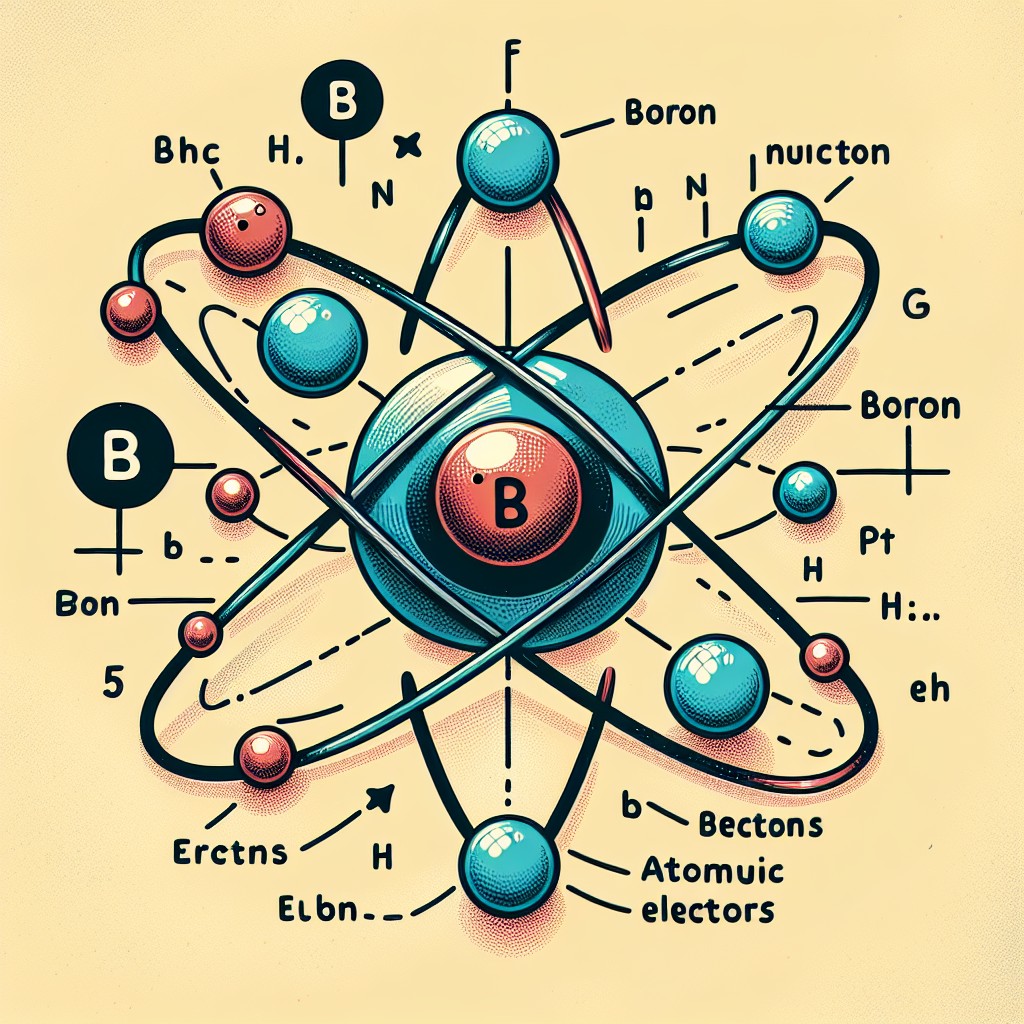As of February 2025, European nations and institutions have collectively provided more financial aid to Ukraine than the United States. The European Union (EU) and its member states have committed approximately $267 billion in total assistance, encompassing military, financial, and humanitarian support. In contrast, the United States has allocated around $120 billion in aid to Ukraine.
The Ukraine crisis, which erupted in 2014, has its roots in a complex interplay of historical, political, and social factors. The immediate catalyst was the Euromaidan protests, which began in November 2013 when then-President Viktor Yanukovych suspended an association agreement with the European Union in favour of closer ties with Russia. This decision ignited widespread discontent among Ukrainians who sought greater integration with Europe and a departure from the influence of Moscow.
The protests escalated into a broader movement demanding democratic reforms and an end to corruption, culminating in Yanukovych’s ousting in February 2014. In the wake of this political upheaval, Russia annexed Crimea, a move that was met with international condemnation and led to a protracted conflict in Eastern Ukraine, particularly in the Donetsk and Luhansk regions. The crisis has not only reshaped Ukraine’s political landscape but has also had profound implications for regional stability and international relations.
The conflict has drawn in various global powers, with the European Union and the United States playing pivotal roles in supporting Ukraine’s sovereignty and territorial integrity. The situation remains fluid, characterised by ongoing military confrontations, economic challenges, and a humanitarian crisis that has displaced millions. As Ukraine continues to navigate its path towards reform and integration with Western institutions, the involvement of external actors like the EU and the US has become increasingly significant in shaping its future.
Summary
- The Ukraine crisis has been a major point of contention between Russia and the West, with the EU and US playing key roles in providing aid and support to Ukraine.
- The EU has provided economic aid and trade agreements to Ukraine, aiming to strengthen its economy and reduce its dependence on Russia.
- The US has offered military support and security assistance to Ukraine, in an effort to bolster its defences against Russian aggression.
- The EU has also exerted political influence and diplomatic efforts in Ukraine, working to mediate the conflict and support democratic reforms.
- The US has provided humanitarian aid and development assistance to Ukraine, aiming to improve living conditions and promote stability in the region.
Economic aid and trade agreements from the EU
Financial Stability and Reform
In response to the crisis, the European Union has been a key provider of economic aid to Ukraine, recognising the urgent need for financial stability and reform. The EU’s support has taken various forms, including macro-financial assistance packages aimed at stabilising the Ukrainian economy. For instance, in 2014, the EU approved a £1.5 billion macro-financial assistance package to help Ukraine address its immediate financial needs.
Additional Support and Trade Agreements
This was followed by additional tranches of support, totalling over £12 billion by 2020, aimed at fostering economic recovery and implementing structural reforms. Moreover, the EU has facilitated trade agreements that have significantly altered Ukraine’s economic landscape. The Deep and Comprehensive Free Trade Area (DCFTA), part of the Association Agreement signed in June 2014, has opened up European markets to Ukrainian goods while simultaneously encouraging regulatory alignment with EU standards.
Boosting Trade and Competitiveness
This agreement has not only provided Ukrainian exporters with preferential access to the EU market but has also incentivised domestic reforms aimed at improving competitiveness. As a result, Ukraine’s trade with the EU has increased substantially, with exports rising from £9 billion in 2013 to over £16 billion by 2020. This shift underscores the EU’s commitment to supporting Ukraine’s economic integration and development.
Military support and security assistance from the US
The United States has played a crucial role in providing military support and security assistance to Ukraine since the onset of the crisis. Recognising the existential threat posed by Russian aggression, the US has committed substantial resources to bolster Ukraine’s defence capabilities. This support has included lethal aid, such as anti-tank missiles and other advanced weaponry, as well as non-lethal assistance like body armour, medical supplies, and training for Ukrainian forces.
In 2017, the US approved a $350 million military aid package that included Javelin anti-tank missiles, marking a significant escalation in military support. In addition to direct military assistance, the US has also engaged in broader security cooperation initiatives aimed at enhancing Ukraine’s overall defence posture. This includes joint military exercises, intelligence sharing, and capacity-building programmes designed to strengthen Ukraine’s armed forces.
The US has also supported efforts to reform Ukraine’s defence sector, promoting transparency and accountability within military institutions. These initiatives are critical not only for immediate military needs but also for long-term strategic stability in the region.
Political influence and diplomatic efforts from the EU
The European Union’s political influence in Ukraine has been instrumental in shaping the country’s trajectory since the crisis began. The EU has consistently advocated for democratic governance, rule of law, and human rights as fundamental principles guiding its engagement with Ukraine. Through various diplomatic channels, including high-level summits and bilateral meetings, EU leaders have reinforced their commitment to supporting Ukraine’s sovereignty and territorial integrity while encouraging necessary reforms.
One notable example of the EU’s diplomatic efforts is its role in mediating between conflicting parties during critical moments of the crisis. The EU facilitated negotiations that led to the Minsk agreements in 2014 and 2015, aimed at de-escalating hostilities in Eastern Ukraine. Although these agreements have faced numerous challenges in implementation, they represent a concerted effort by the EU to foster dialogue and promote a peaceful resolution to the conflict.
Furthermore, the EU has imposed sanctions on Russia in response to its actions in Ukraine, demonstrating its willingness to leverage political pressure as a means of supporting Ukraine’s aspirations for independence and reform.
Humanitarian aid and development assistance from the US
The humanitarian crisis resulting from the conflict in Ukraine has necessitated a robust response from international actors, particularly from the United States. The US government has provided significant humanitarian aid aimed at addressing the needs of those affected by the conflict. This assistance includes food aid, medical supplies, shelter support, and psychosocial services for displaced individuals and families.
In 2020 alone, the US allocated over $200 million for humanitarian assistance in Ukraine, reflecting its commitment to alleviating suffering amidst ongoing violence. In addition to immediate humanitarian relief, the US has also focused on long-term development assistance aimed at rebuilding communities and fostering resilience among affected populations. This includes funding for infrastructure projects, educational initiatives, and economic development programmes designed to support recovery efforts in war-torn regions.
By investing in these areas, the US aims not only to address urgent needs but also to lay the groundwork for sustainable development and stability in Ukraine.
Public opinion and perception of the EU and US in Ukraine
Public opinion regarding the roles of the European Union and the United States in Ukraine is shaped by a complex array of factors, including historical ties, cultural affinities, and perceptions of effectiveness in addressing the crisis. Generally speaking, there is a strong pro-European sentiment among Ukrainians who view EU integration as a pathway towards modernisation, democratic governance, and economic prosperity. Surveys conducted by various organisations indicate that a significant majority of Ukrainians support closer ties with Europe over Russia, reflecting a desire for alignment with Western values and institutions.
Conversely, perceptions of US involvement are more nuanced. While many Ukrainians appreciate American military support and humanitarian aid, there are concerns about potential overreach or interference in domestic affairs. Some segments of society express scepticism regarding US intentions or fear that reliance on American assistance could compromise Ukraine’s sovereignty.
Nevertheless, overall public sentiment remains largely favourable towards both the EU and US as partners in Ukraine’s struggle for independence and reform.
Future prospects for EU and US involvement in Ukraine
Looking ahead, the future prospects for EU and US involvement in Ukraine will likely be influenced by several key factors. Firstly, the ongoing conflict with Russia remains a central concern that will shape both military and diplomatic strategies. As long as hostilities persist, it is expected that both the EU and US will continue to provide substantial military support while seeking diplomatic avenues for resolution.
The potential for renewed negotiations or shifts in Russian policy could also impact how these external actors engage with Ukraine. Additionally, domestic developments within Ukraine will play a crucial role in determining future support from both entities. The success or failure of ongoing reforms aimed at combating corruption, strengthening democratic institutions, and fostering economic growth will influence perceptions of Western involvement.
If Ukraine can demonstrate tangible progress on these fronts, it may attract increased investment and support from both the EU and US as they seek to solidify their partnerships with a stable and prosperous Ukraine.
Evaluating the contributions of the EU and US to Ukraine
The contributions of both the European Union and the United States to Ukraine during this tumultuous period have been multifaceted and significant. From economic aid that stabilises finances to military support that enhances defence capabilities, both entities have played critical roles in bolstering Ukraine’s resilience against external aggression. Furthermore, their diplomatic efforts have sought to mediate conflicts while promoting democratic values essential for long-term stability.
As Ukraine continues on its path towards reform and integration with Western institutions, it is clear that sustained engagement from both the EU and US will be vital. Their combined efforts not only address immediate needs but also lay a foundation for a more secure and prosperous future for Ukraine amidst ongoing challenges. The evolving dynamics of international relations will undoubtedly shape how these partnerships develop moving forward; however, their commitment to supporting Ukraine remains steadfast amidst an ever-changing geopolitical landscape.




